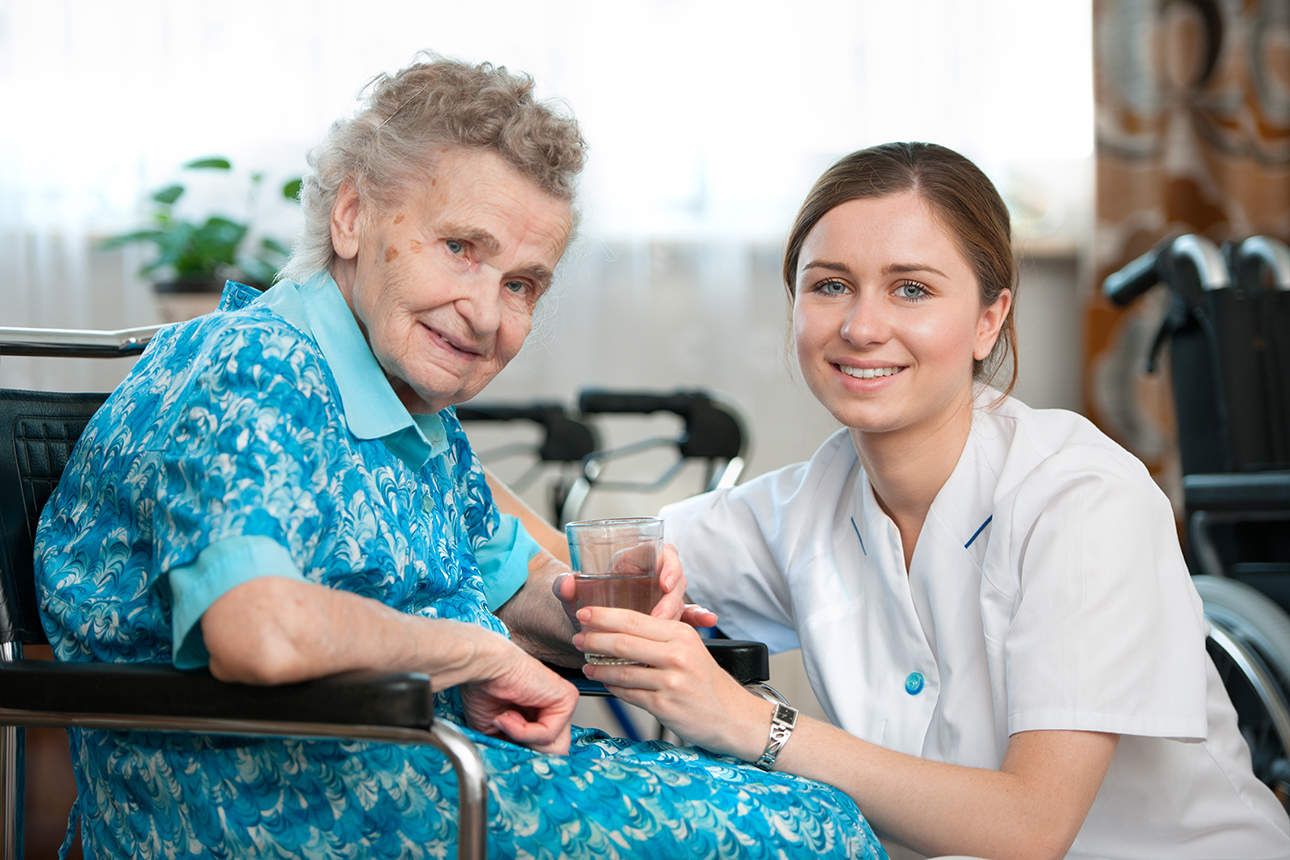
As the elderly population today grows older, and longer, many families, some of which are seniors themselves, find the need for obtaining quality professional care giving services such as found at Cornerstone Hospice and Palliative Care. However, according to recent studies, not all caregivers can be trusted to give quality care.
The studies further indicate that up to 10 percent of the elderly population in a caregiving situation fall victims to at least three to four different forms of elderly abuse. Sadly, the level of abuse is serious enough to warrant monitoring by the families.
The Most Common Forms of Elderly Abuse
Mostly, this abuse becomes apparent in the way of physical abuse, emotional abuse, sexual abuse, exploitation for financial reasons, general neglect and abandonment.
Measures Used to Monitor a Caregiver
Commons ways used by families and certain investigative agents to detect elder abuse are through the use of thorough background checks, unexpected caregiver spot checks and short or long-term monitoring and surveillance of the elderly person and the caregiver in particular.
The Top Most Prevalent Warning Signs of Abuse
If you see any of these following signs, your loved one may be a victim of abuse:
- Bruises, pressure marks, broken bones, cuts, abrasions, and burns from cigarette butts
- Sudden withdrawal from others and unusual depression
- The appearance of bruises or marks around the genital or breast areas
- Sudden disappearance of money or changes in financial matters
- General neglect: Bedsores, poor hygiene and general poor clean living conditions and unusual weight loss or the sudden development of certain diseases such as diabetes
What to Do If Elderly Abuse Is Suspected
If the elderly person is in immediate danger, call 911. A local adult protective service agency and the local elderly community service agency are excellent resources to help steer you in the right direction.
How to Prevent Elder Abuse
The best-case scenario is to prevent abuse before it starts in the following ways:
- Attend support groups for learning about domestic violence services
- Open your own mail or that of the elderly person in question
- Do not give out personal information
- Use direct deposit for all checks
- Review the elderly’s will periodically
- Know your legal rights
While elderly abuse seems to be rampant in many cases, heeding the above mentioned warning signs may help avoid undesirable situations, or even life-threatening ones for the person. Especially choose wisely when obtaining the services of an outside care giver or even a family member.
Anica Oaks
Recent Posts
- Castor Oil For Better Hair Growth: Is It Myth Or Fact?
- Exploring the Differences Between Sermorelin, Ipamorelin, Ibutamoren, GHRP2, and GHRP6: Understanding Their Role in Human Growth Hormone Regulation
- Unraveling the Mystery: Understanding the Causes and Prognosis of Ventricular Tachycardia Without Apparent Heart Disease
- Understanding Grandparents’ Rights in Oklahoma: Navigating Visitation and Legal Protections
- 10 Reasons to Consider Hypnotherapy for Your Health

